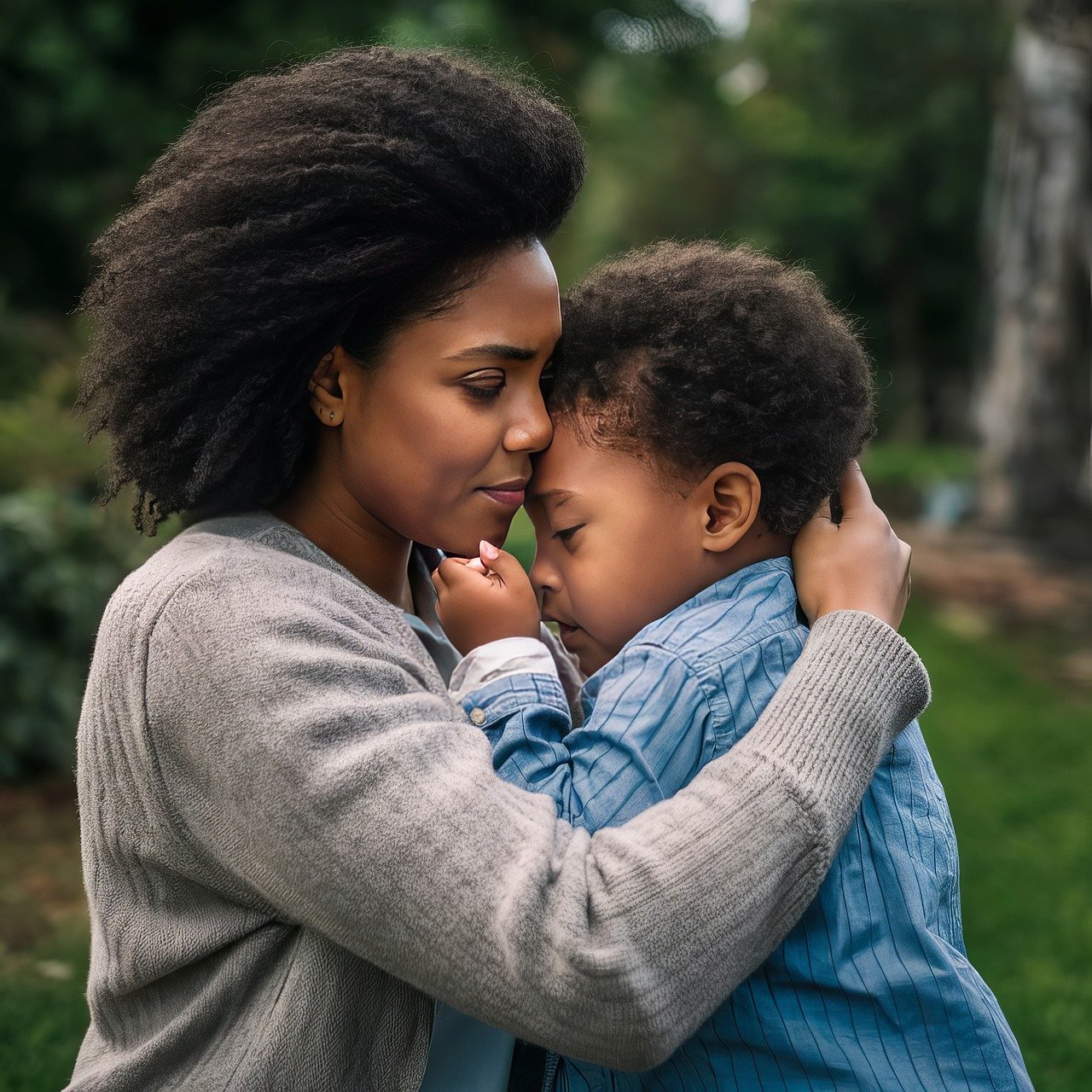
ART CHECK: Who is afraid of elderly women?
Grannies are being lynched under the guise of witchcraft
Church celebration of Mothering Day evokes gratitude
In Summary

It is not merely a function of the womb but of will, of love, of presence. And nowhere is this truth more apparent than in the countless homes across Kenya, and indeed, the world, where those who did not give birth to us chose to raise us, guide us, heal us and ultimately, shape us.
Last weekend in our church, not far from Githurai, we celebrated the Day of Mothering. Not Mother’s Day as the calendar dictates, but mothering; an older, deeper recognition of the duty and grace of nurturing life. A day to remember not only the mothers of our flesh but also those of our becoming.
Truth be told, mothering stands as one of our highest callings as humans. It is a sacred act that spans species and time. How many of us have shed a tear upon seeing a motherless calf or leopard cub, stunned and lost, its mother taken by fate or predator?
So it is among us humans. We do not always grow under the watchful gaze of the ones who birthed us. Sometimes, it is other women (neighbours, aunties, grandmothers, house helps, teachers and so on) who become our mothers by choice, not chance.
I sing today of these other mothers. From Githurai to Ainabkoi, women of quiet courage who opened their earnest armpits and made them shelters for those in need.
I remember my own grandmother who, when I was four and convulsions wracked my tiny body, left the futility of western medicine and climbed the hill above Namtokholo. There, she gathered herbs unknown to textbooks, descended with a face of fire and bathed me in a pot big enough to drown my pain.
The two tiny, parallel, linear incisions she made upon my toddler forehead were not wounds, but signatures of love, inscribed in a language that only a true African can understand. I carry them still.
And what of the nameless strict aunt who raised a child not her own, sending her to school, buying her uniform with coins saved from selling omena? What of the Ugandan house help who taught a boy to bathe, saving him from becoming a granary of urban maladies?
What of the ECDE teacher who
taught a trembling you and me to write our names, to spell our worth into the
blank historical pages of our motherland? All these women mothered us.
But allow me now to single out a group too often unseen, too often overworked and underpraised: the grandmothers of Kenya.
These old women, the cucus of our soil, are raising their children’s children in a harsh economy that has turned its back on the vulnerable. Across the counties, from the banana slopes of Nyeri to the parched fields of Turkana, you will find them. Bent backs. Steady hands. Fierce eyes.
They are the ones who walk to markets at dawn, who trade sewn kiondos for peanuts with which to buy humble food for kids who are bones of their aching bones and flesh of their ageing flesh. They have buried sons and daughters. They have known too much grief. And still, they mother again.
They raise toddlers on irregular pension pennies. They skip their own painkillers so the little one can get their own. They barter chickens for second-hand school shoes. These women carry not just burdens but entire generations.
And in honouring them, I return, again and again, to the great crooner from Subukia, John Ndichu. His immortal benga song, Cucu wa Gakunga, is not merely entertainment. It is testimony. It is art of the soil. A thunderous tribute clothed in sad language. In it, Ndichu lifts the figure of the grandmother from the margins of society and places her at the centre of memory, of meaning, of his own life.
Cucus wa Gakunga, may your names echo upon the ragged hilltops and through the whispering valleys, where children — urbanised, diasporic or village-born — still hear the lullabies of your care. Your names are a drumbeat, a rain song, a poem.
For you are the hearthstones of what we call home. And what of my own grandmother?
I, Wanjohi, born of the Bukusu but a courier of beautiful blood of a Kikuyu matriarch, return each July to her grave in Nyeri. There, I stand among baby macadamia trees and whisper to her spirit.
I speak to her as one would to a lover. I place a ball of soil upon her grave, a sacrament. A bridge between the living and the dead. And I say, “Peace. Peace. Oh, peace.” In Gikuyu. A blessing. A surrender.
Though I was born of black cotton soils of Mount Elgon, my soul is cradled on the lap of Mt Kirinyaga. My name lives on the lips of a woman long buried, yet never gone. For in this culture of mystery, we do not die. We echo. We return.
And so today, I raise my voice for all the silent mothers. The unsalaried nurturers. The women who took us in when we had no roof, no name, no hope. May we never forget them. May we never let the noise of modern life drown out the lullabies they sang into our childhood.
May we replay Cucu wa Gakunga on YouTube, resurrect Ndichu’s grandma. Let his timeless hit song reflect back to us the truth: we are not simply the products of biology. We are the offerings of love.
And let us say, in the quiet language of our millions of hearts filled with both art and hurts:
To mother is divine.
And we, the upright children of many mothers, villages and cultures, across the 47 counties of our beloved motherland of Kenya, shall never forget.

Grannies are being lynched under the guise of witchcraft

Female professionals hold a special place in society